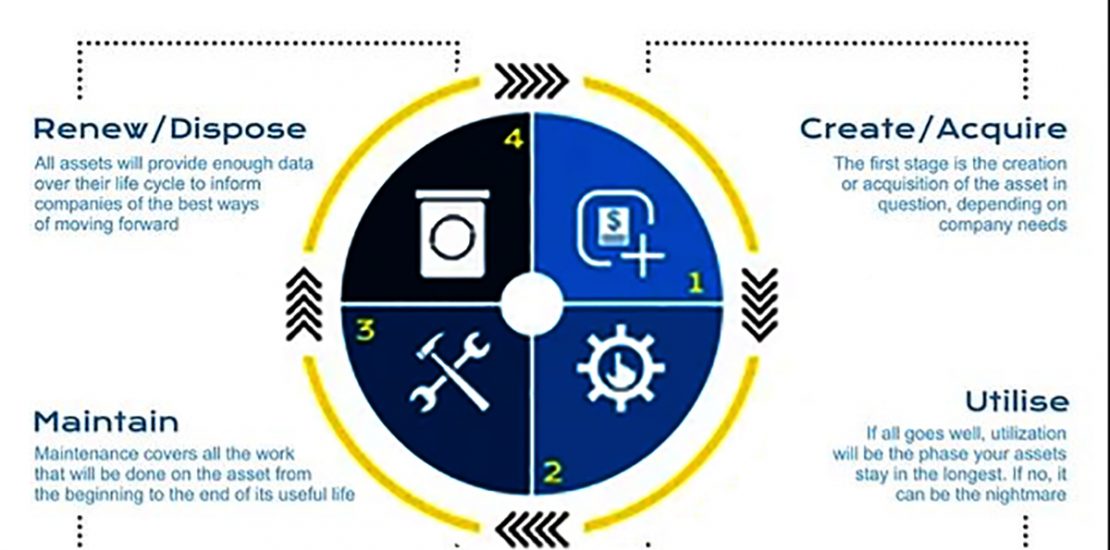An Introduction to Asset Integrity Life Cycle
- December 27, 2022
- Posted by: Velosi Author
- Categories: Insights, Trainings

Asset Integrity Lifecycle is a method particularly used to manage assets. The term “Asset” in industries is usually referred to as physical equipment that requires finances to function appropriately. When we talk about assets, two of the most important things to keep in mind are functioning and management.

Asset Integrity Management (AIM)
AIM is beneficial from the beginning of an asset’s lifecycle, as it allows the asset to perform its intended function throughout its lifespan. Equipment strategies and maintenance decisions.
As an essential part of a risk management program, asset integrity management (AIM) focuses on minimizing the following risks:
- Safety
- Environmental
- Asset integrity & reliability
Importance of Lifecycle Management
An asset requires regular check and balance with appropriate financial investment. Lifecycle management is an integral part of asset management, which sets forth a process for assets to function properly, correspondingly, ensuring the integrity of an asset. This process is responsible for maintaining the asset from the initial stage until the end lifecycle.
During the life cycle management of an asset, people, systems, processes, and resources combine to enable it to carry out its functions appropriately, while maintaining compliance with health and safety standards. Most importantly, assets can be optimized through lifecycle management to maintain their reliability.
Five Fundamental Steps of Lifecycle Management
Benefits of Asset Lifecycle Management
- Extend asset life
- Minimize asset maintenance cost
- Create and maintain reliable assets
- Execute cost-effective decisions
- Strategic decision making
Certified Asset Integrity Professional Training
To have a comprehensive approach toward effective Asset Integrity Management (AIM), it is important to enroll in Velosi’s certified asset integrity professional training course. This course will provide an extensive path covering a theoretical and practical understanding of implementing and maintaining asset integrity by protecting assets, people, and the environment.
Enroll now and gain extensive knowledge about key elements of safety, environmental protection, reliability, integrity, regulatory compliance, and data management.
Please contact us for more information and assistance.



